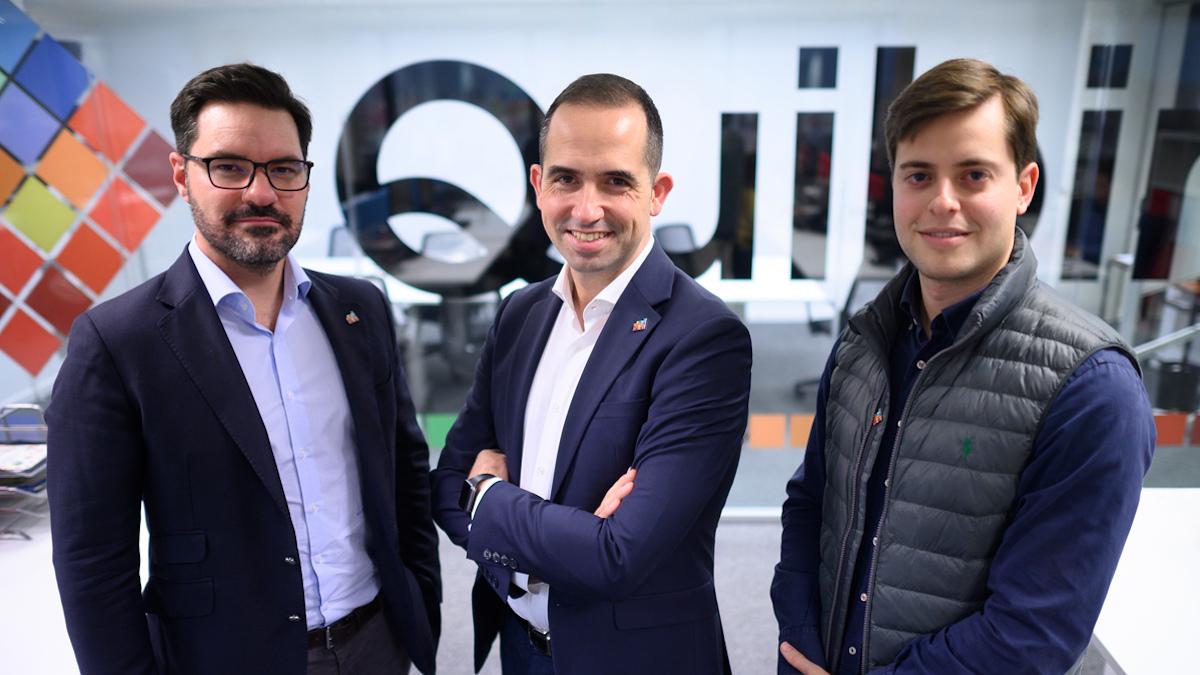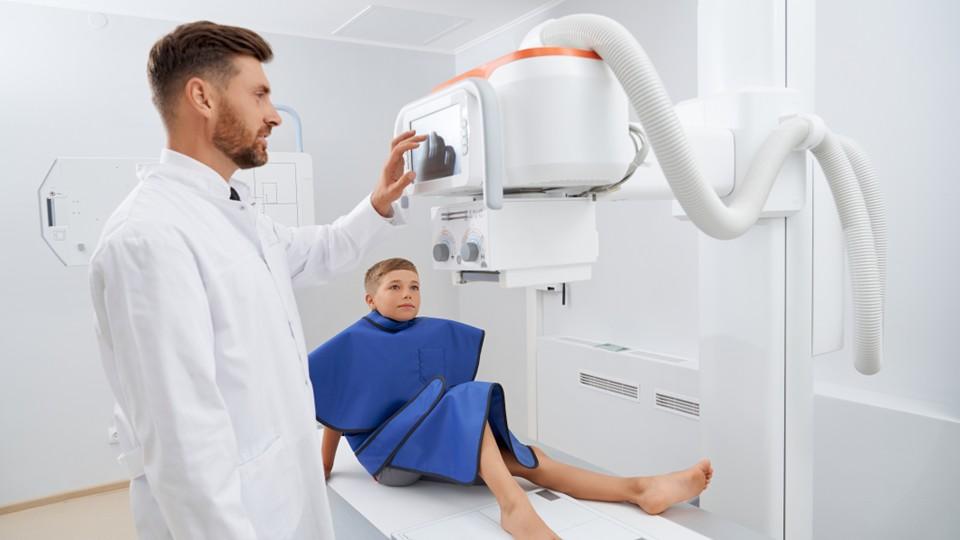AI in medical imaging company Quibim raises $50m

Left to right: Quibim chief operating officer Alberto Valiente, CEO and co-founder Dr Ángel Alberich-Bayarri, and Javier Sáez, VP of finance and business intelligence.
Artificial intelligence start-up Quibim has raised $50 million in first-round financing to support the rollout of its biomarkers for use in the analysis of medical imaging.
The Valencia, Spain-headquartered company develops foundational AI models to diagnose diseases from images and has brought various products to market including QP-Brain, which identifies early-stage neurodegenerative diseases by looking for subtle alterations in MRI scans that can be hard for even trained radiologists to detect.
Other imaging biomarkers in its portfolio are used to detect prostate, lung and breast cancers, and liver disease from MRI, PET, and CT scans, as well as to analyse large-scale multi-omics datasets and medical images in clinical trials and research projects.
Quibim's technologies are already being deployed in more than 170 organisations worldwide, and the new cash injection will go towards its commercialisation efforts internationally, including in the US, and to extend its product range in an AI-powered medical imaging market that, by some estimates, could reach a value of more than $14 billion a year by 2032.
Last year, Philips announced a global partnership with Quibim to integrate its AI models into MRI scanners, while the Spanish company also forged alliances with biopharma companies, including Merck KGaA, Novartis, and Johnson & Johnson.
With Merck, for example, Quibim is exploring how to harness the potential of biomarkers and radiomics to predict a cancer patient's response to immunotherapy and anticipate cancer patient outcomes.
"Quibim's mission is to turn imaging into a catalyst for precision health, and we are deeply grateful to both our new and current investors for their support," said Dr Ángel Alberich-Bayarri, the company's chief executive and co-founder.
"Our global expansion into the US is a critical milestone as we work with pharmaceutical leaders and healthcare providers to unlock the power of imaging to revolutionise diagnostics and improve patient outcomes," he added.
One key area of research for the company is the development of digital twin technology, which it describes as "dynamic models that not only reflect and allow health monitoring, but also enhance patient stratification, improve the success rates of drug development programmes, and enable treatment testing before application."
It also hopes to develop models that can be used to analyse the whole body by merging imaging technologies, computing, and AI.
Asabys and Buenavista lead the round, joined by UI Investments, GoHub Ventures, Amadeus Capital Partners, APEX Ventures, Partech, Adara Ventures, Leadwind, and individual investors.












